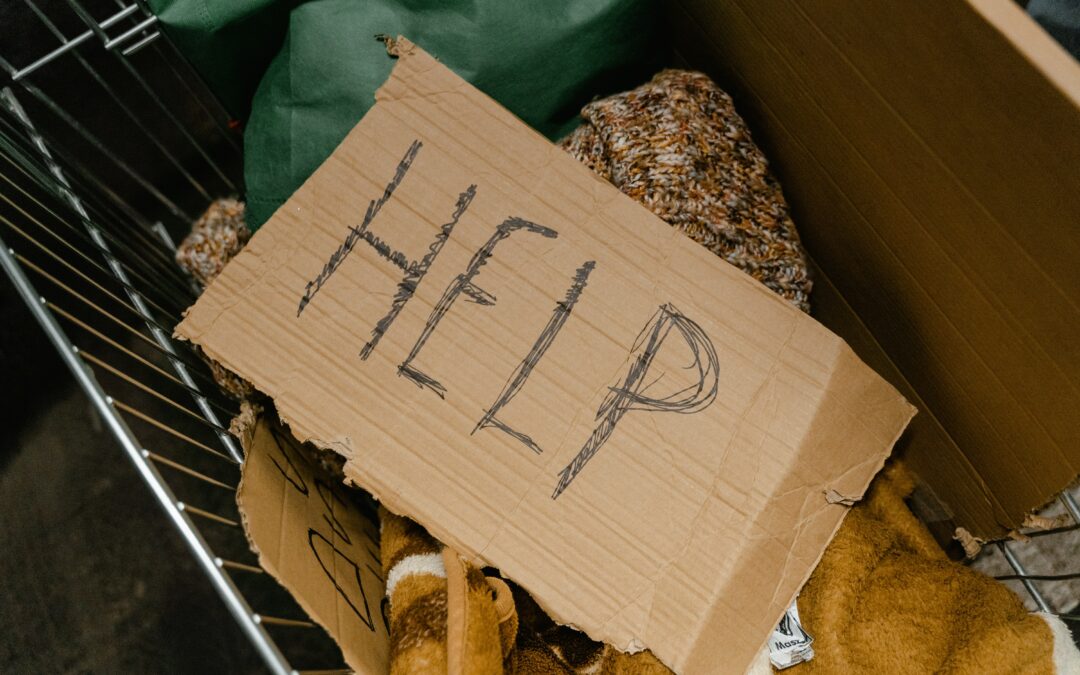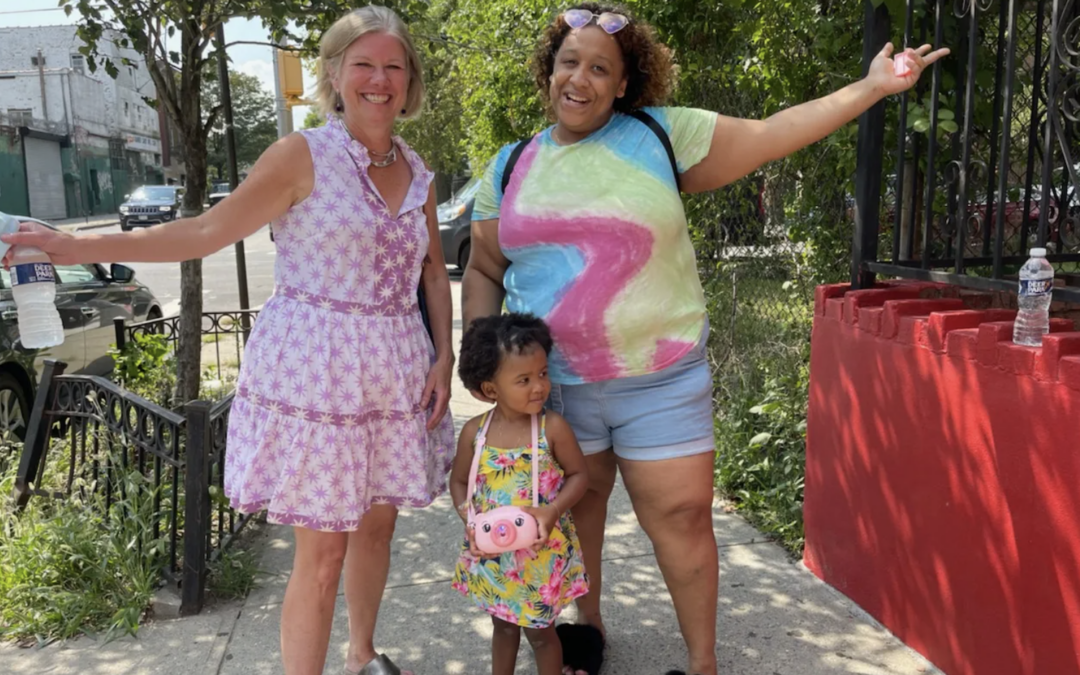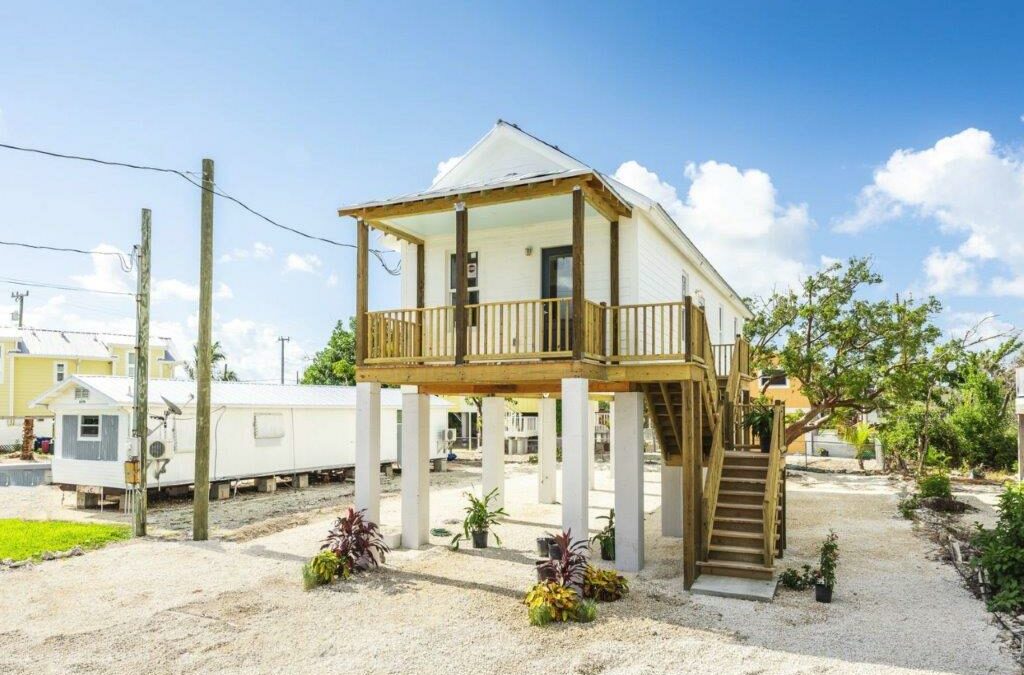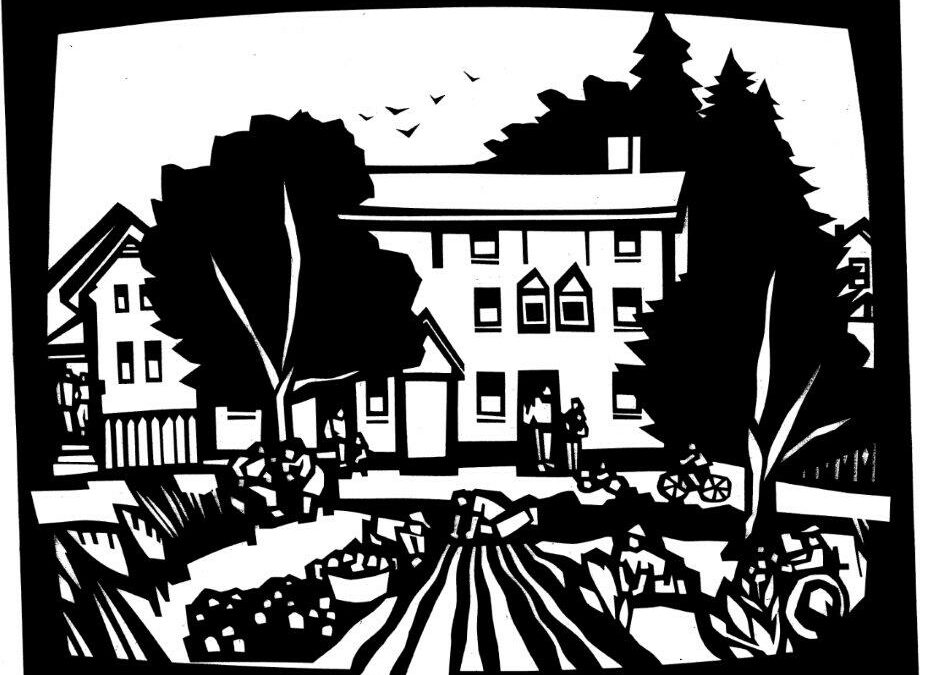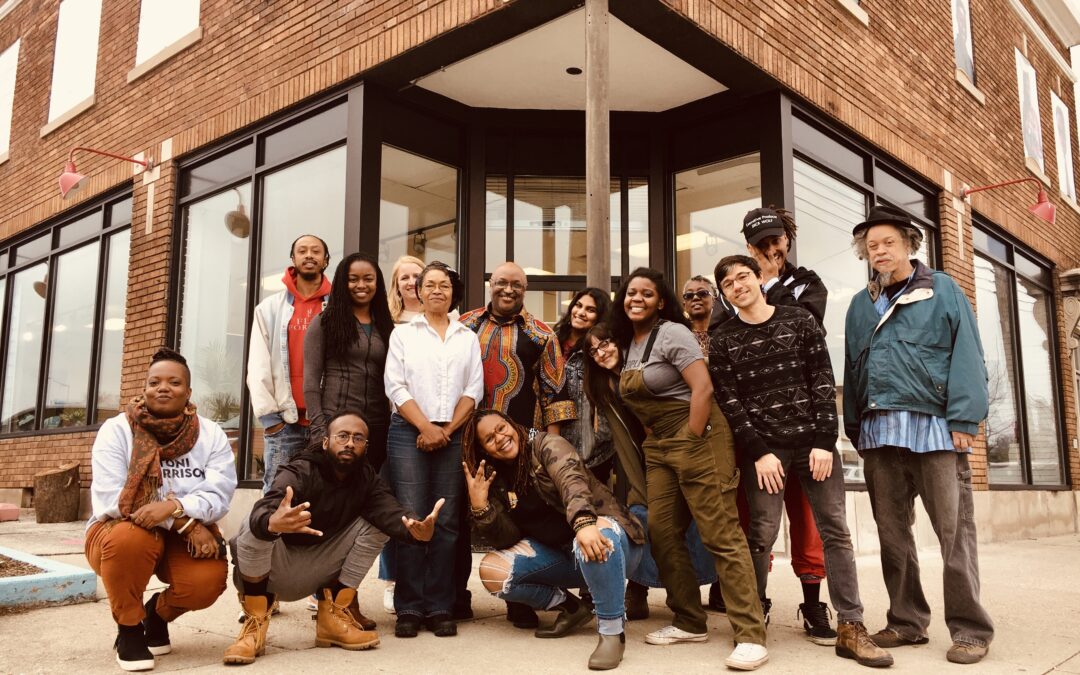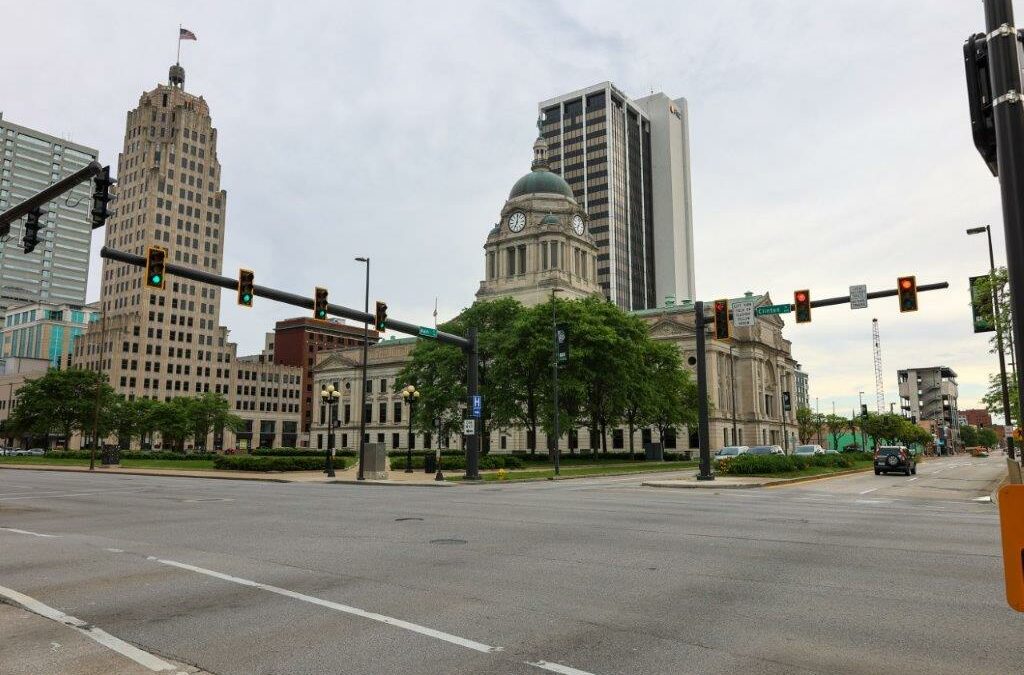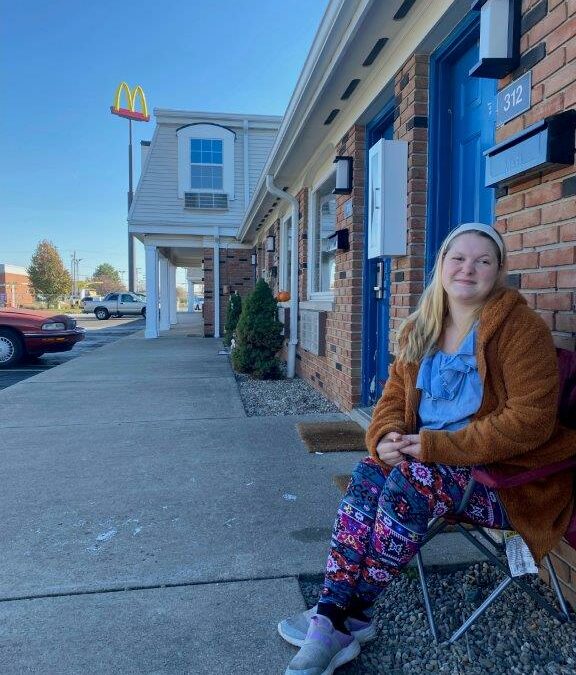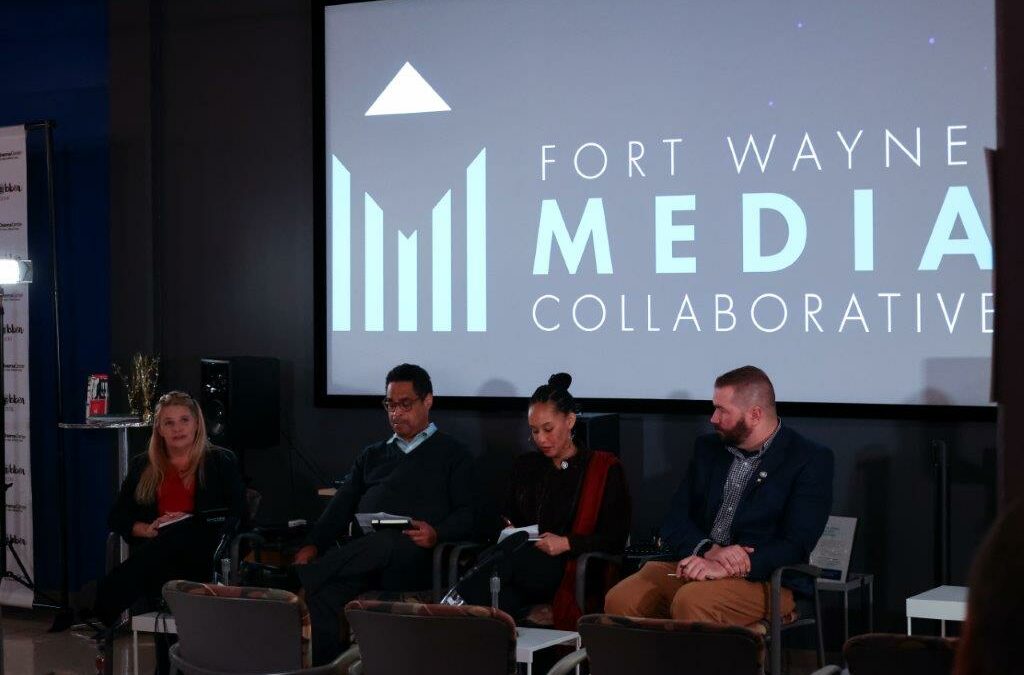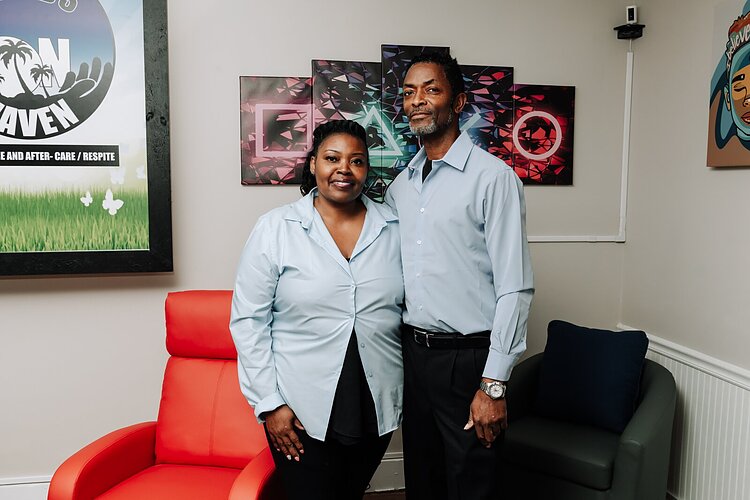Editor’s Note: This is the first in a series of stories that explores the development of the Housing First philosophy and its use in communities around the U.S. and Europe. Housing First programs provide "permanent supportive housing" for people who experience chronic homelessness. This article was developed in partnership with Input Fort Wayne. Many people who experience homelessness choose to sleep on the streets of Fort Wayne rather than leave their beloved pets behind to enter a shelter. Others can’t stand the idea of being separated from a spouse or a partner who is not allowed to stay there. Still others who struggle with addiction find they can’t honor a promise to stay drug and alcohol free in a shelter. Those restrictions are among dozens of barriers to...
